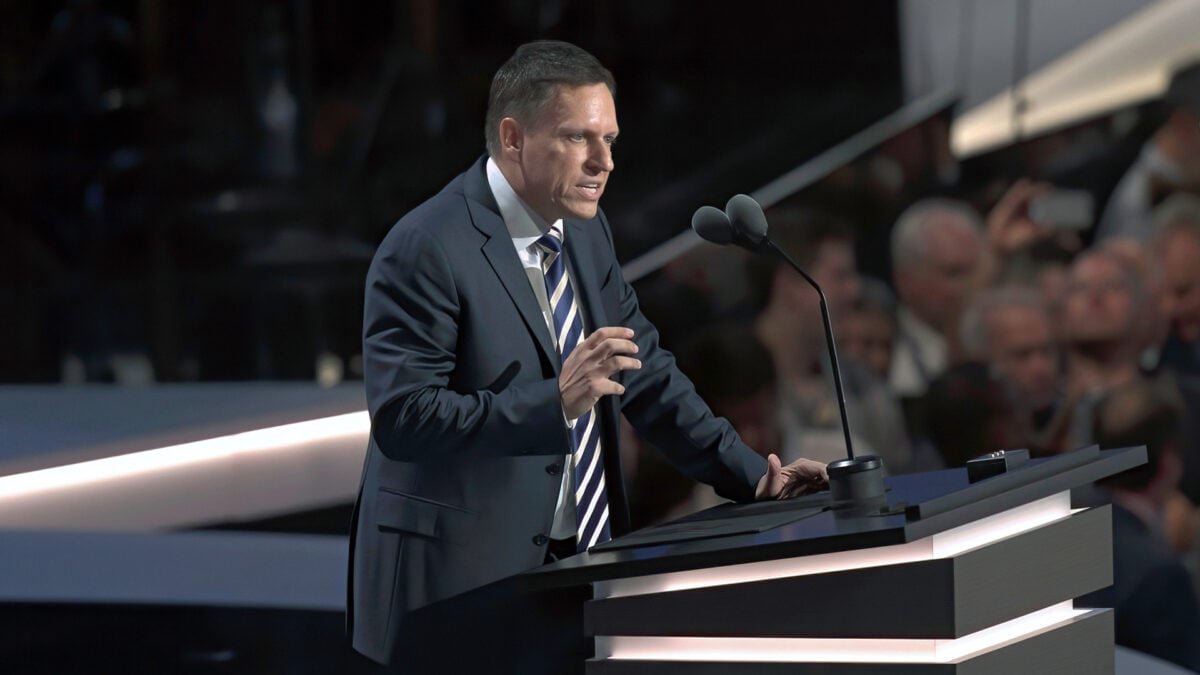
Peter Thiel is the latest investor to sell Nvidia shares.
The billionaire’s hedge fund, Thiel Macro, has sold its entire stake in Nvidia, according to regulatory filings. The company sold 537,742 shares in its third quarter, which would have been worth about $100 million, according to Reuters estimates.
There are many reasons why investors might decide to sell their stake in a company, and not all of these reasons deserve major alarm bells. But when the stake is in the world’s most valuable company, it increases interest, and the decision comes just days after another high-profile investor’s sale.
Just last week, major Japanese investor SoftBank shared that it had sold its entire stake in the chip maker. The firm said it earned $5.83 billion from the sale of 32.1 million Nvidia shares in October. The sale was apparently made to finance a billion-dollar investment in OpenAI, adding that the company has already invested billions of dollars in the tech giant. SoftBank and OpenAI are also partners under the Trump-backed data center build-out plan known as Stargate.
Nvidia is considered the ultimate AI darling. It is a company that has ridden the AI wave to a market cap of $5 trillion, and holds a central position in the industry as the primary global supplier of highly coveted AI chips. As a result, any perceived disbelief in Nvidia’s trajectory is taken as a negative signal for the AI industry as a whole.
It’s not entirely certain what Thiel and SoftBank’s selloff signals with confidence about overall investor sentiment regarding artificial intelligence, and whether or not there is indeed an AI bubble, but it is certainly exacerbating existing concerns, and making people uneasy.
Over the past few months, a growing chorus of experts from the Bank of England to investor Michael Burry The Big Short Fame, warning against an AI bubble that if burst could take down not only the market but possibly the entire US economy.
Companies like Nvidia have achieved record valuations as investors delight in the potential benefits AI represents. But some believe that investor appetite is FOMO-induced and that the true value of these companies may be artificially inflated. Even some top tech executives like Sam Altman and Jeff Bezos have acknowledged overvaluation. So what happens when investors lose that appetite?
All eyes are now on Nvidia’s earnings report later this week to shed more light on whether last week’s news is part of a nascent trend that is causing concern or just a fluke. The tech giant will report third-quarter earnings results after the bell on Wednesday.
